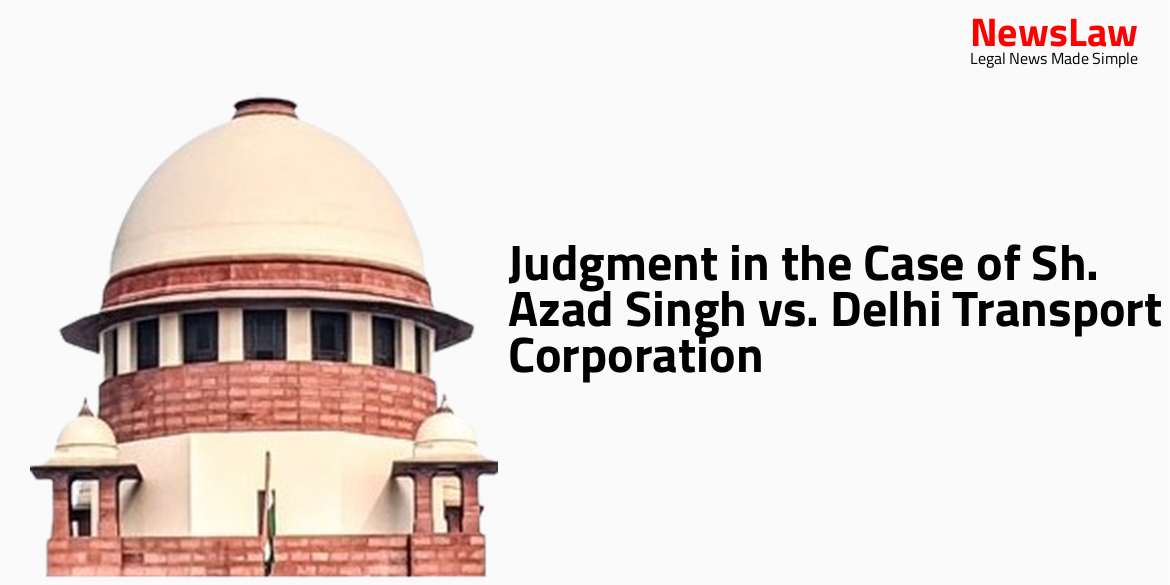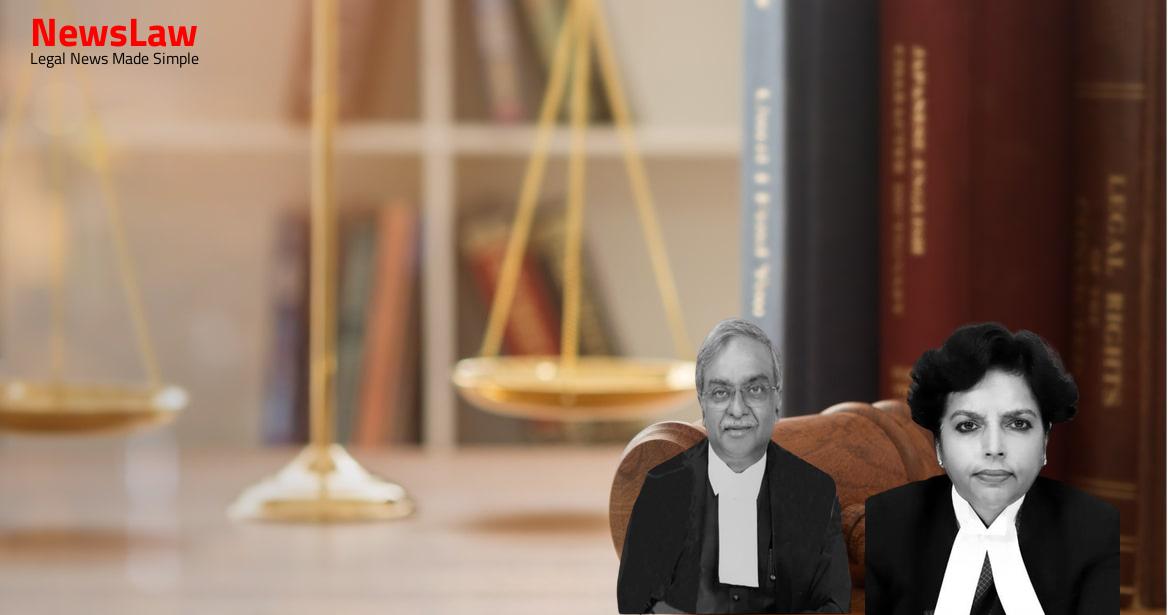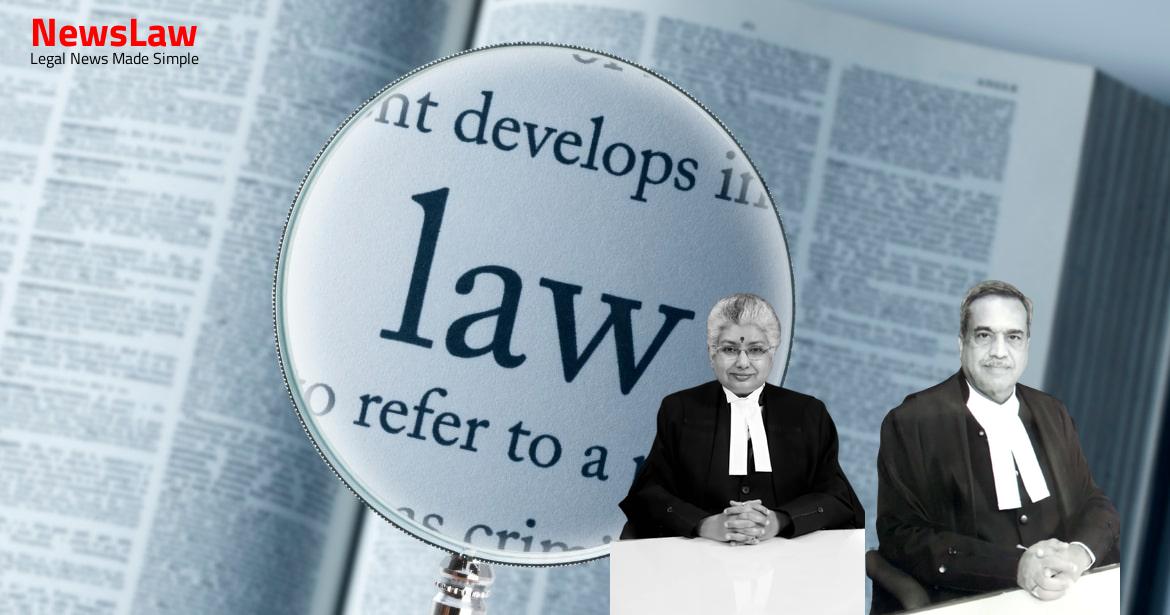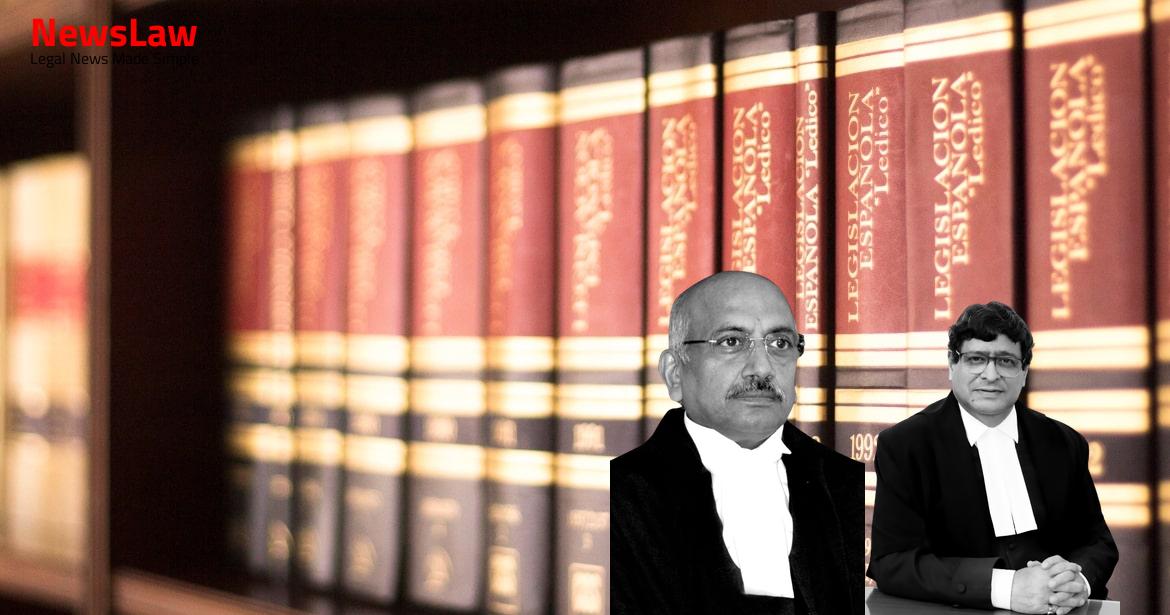A detailed analysis of the legal case involving Sh. Azad Singh against Delhi Transport Corporation has culminated in a significant judgment by the Delhi High Court. The court’s decision revolves around issues of procedural irregularities and adherence to principles of natural justice. This case sheds light on the importance of fair play and evidence-based decisions in employment disputes.
Facts
- The respondent workman was appointed as a conductor on 27 July, 1978.
- On 19 July, 1994, the respondent was found to have collected Rs. 99 from passengers without issuing tickets.
- The petitioner’s checking staff discovered the misconduct during duty on bus no. 9963.
- No presenting officer was appointed during the enquiry.
- Not tallying the cash with the conductor is not a legally sustainable argument.
- Enquiry officer considered service antecedents which was beyond the scope of the enquiry.
- Labour Court held that the respondent workman had been prejudiced.
Issue
- Reference received in 1996 regarding the removal of Sh. Azad Singh from service.
- Question raised on the legality and justification of the removal.
- Seeking relief and necessary directions in this regard.
Arguments
- The Labour Court vitiating the enquiry due to absence of a presenting officer was not justified as it would not necessarily vitiate the enquiry.
- The petitioner’s argument that the cheating charge was proven through various pieces of evidence like testimonies, un-punched tickets, and admission of misconduct was considered valid.
- The petitioner contended that the Courts should not interfere with administrative decisions unless illogical or suffering from procedural impropriety.
- The respondent workman admitted to the misconduct by surrendering un-punched tickets, further supporting the cheating charge against him.
- The Labour Court exceeded its jurisdiction by holding an enquiry and calling for unnecessary evidence, violating established principles.
- The respondent workman was given a fair opportunity in the enquiry proceedings despite his claims of lack of document disclosure.
- The enquiry officer’s omission of irregularities by the checking staff in not verifying collected cash does not nullify the cheating charge against the respondent workman.
- ARM (ARG_RESPONDENT) relies on a circular dated 06.12.72 of DTC stating that no cognizance is to be taken if the conductor refuses to sign passenger statements unless passengers participate in the enquiry.
- Depot Manager awarded penalty on 03.07.95.
- ARM requests enquiry issue to be decided in management’s favor and seeks an opportunity to prove misconduct if enquiry is to be held against management.
- MW 1 S.K. Jacob conducted the enquiry, workman participated but refused assistance of a co-worker, and charges were read over to the workman.
- No list of documents given along with the charge sheet to the workman.
- Workman claims penalty is disproportionate and baseless, denies charges and states cash was not checked.
- Workman asserts not given chance to explain past record and was appointed on monthly rate.
- Management denies most allegations, admits presenting charge sheet and framed charges.
- Management claims all documents were supplied and charges supported by checking staff evidence.
- Cash of conductor not checked, passengers not examined during enquiry.
- Management argues enquiry findings based on legal evidence and principles of natural justice.
- Workman given opportunity to give final statement, claims passengers were not examined and no co-worker assistance given.
- Workman says not provided list of witnesses and documents, passengers did not participate in enquiry.
- In crossexamination, workman admits receiving charge sheet and cross-examining witnesses.
- Workman files rejoinder denying allegations found against him.
Analysis
- The Labour Court found the removal of the workman from service unjustified.
- The enquiry officer’s rejection of certain passenger statements and failure to consider the complaint book marked as Ex. MW1/D were considered procedural irregularities.
- The workman denied the allegations and demanded certain documents during the enquiry.
- The charges against the workman regarding non-issuance of tickets were not substantiated due to lack of evidence.
- The evidence presented, including unpunched tickets and passenger statements, did not conclusively prove misconduct.
- The document prepared by a passenger on the bus suggested the workman was prevented from issuing tickets by the checking staff.
- The workman’s plea of innocence was supported by inconsistencies and lack of clarity in the evidence presented.
- The Labour Court’s decision was based on factors such as procedural irregularities, lack of evidence, and failure to observe natural justice principles.
- The Court overturned the finding of the domestic tribunal in favor of the workman.
- The importance of fair play, evidence-based decisions, and adherence to principles of natural justice were emphasized throughout the analysis.
- Recording statements of witnesses ex parte and then producing them for cross-examination after serving the employee with pre-recorded statements is discouraged.
- All evidence in a domestic enquiry should be recorded in the presence of the charged workman.
- Principles of natural justice must be upheld in all proceedings.
- Fairness and reasonableness are key aspects in administrative actions.
- The employer must ensure no prejudice is caused to the employee in disciplinary proceedings.
- Rules of evidence in a domestic enquiry may not strictly follow Indian Evidence Act.
- Hearsay evidence can be considered if it has a reasonable nexus and credibility.
- Appointment of a presenting officer can vitiate the enquiry.
- Enquiry officer going beyond the scope of the enquiry or considering extraneous factors can lead to prejudices.
- The gap in presenting evidence after termination can impact the outcome of the case.
- Ensuring witnesses are examined in the presence of the workman concerned is essential for a fair enquiry.
- Absence of evidence in support of a finding in a domestic enquiry can be scrutinized by Courts.
- Explanation regarding lack of oversight in certain procedures may not always be acceptable.
- The impugned orders were deemed well-reasoned and passed in accordance with settled legal principles.
- No evidence presented by the petitioner to prove otherwise.
- No perversity found in the impugned orders warranting interference by the extraordinary writ jurisdiction of the Court.
- The respondent workman superannuated during the pendency of the writ petition in 2015.
- The respondent workman entitled to approach the appropriate forum to recover any arrears of money due to him as per the award.
- The petitioner was directed to reinstate the respondent workman with continuity of service in the impugned award.
- Petitioner paid Rs. 1,34,069/- under Section 17-B of the Act from 26 April, 2010 to 31 January, 2012.
Decision
- The instant petition has been dismissed along with any pending applications.
- The respondent worker was superannuated on 31 October 2015.
- The February 2009 award and the impugned award dated 26 April 2010 by the Labour Court are upheld.
- The discussions of facts and law support the decision.
Case Title: DTC Vs. AZAD SINGH (2024:DHC:3709)
Case Number: W.P.(C)-384/2011



